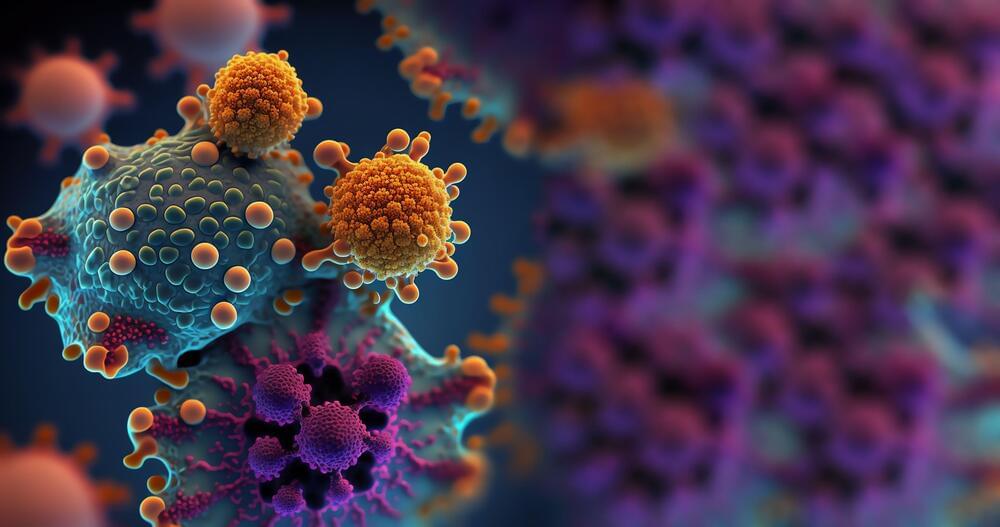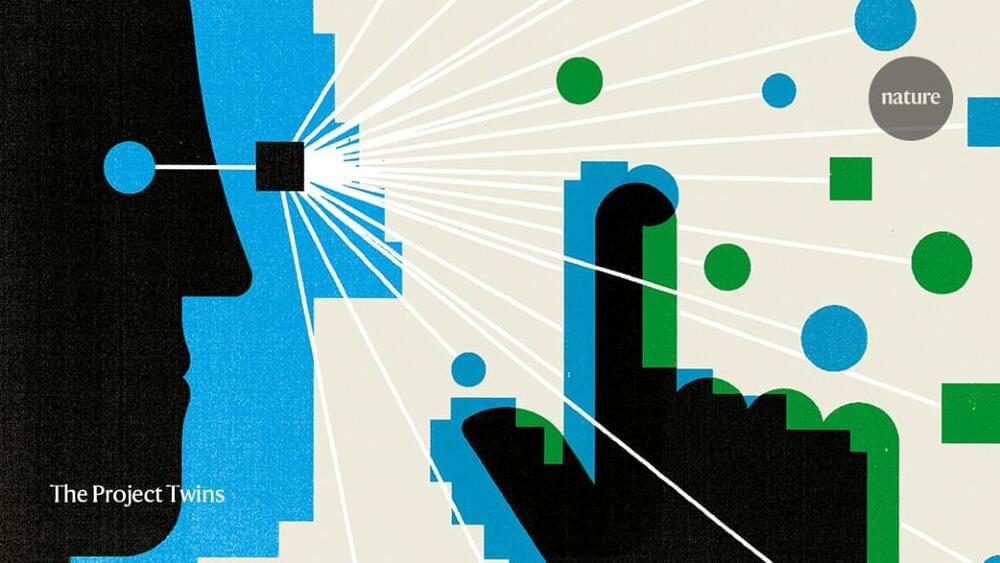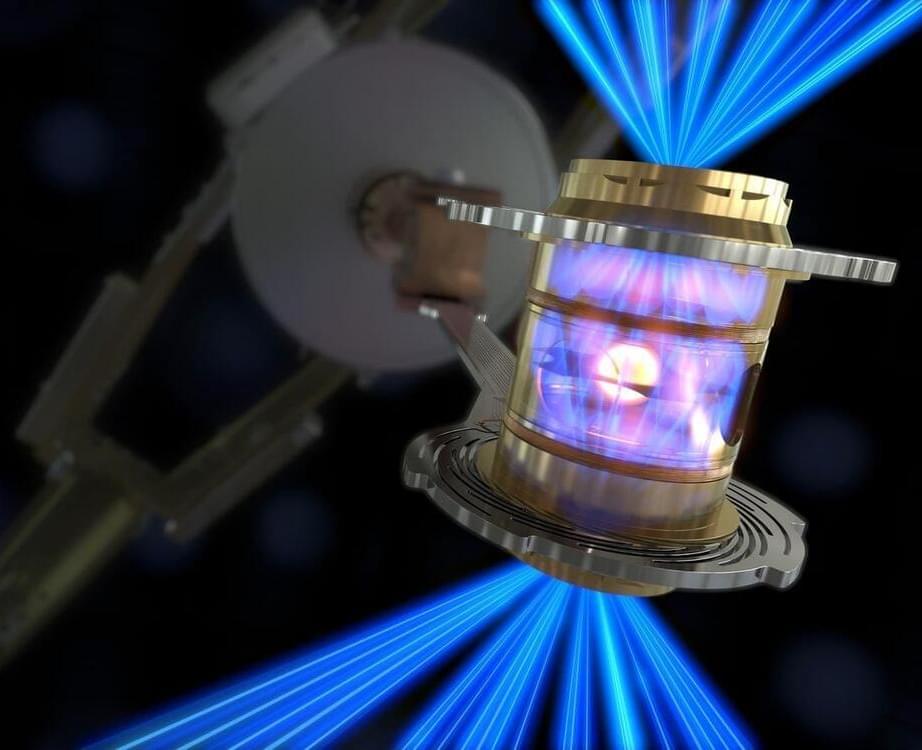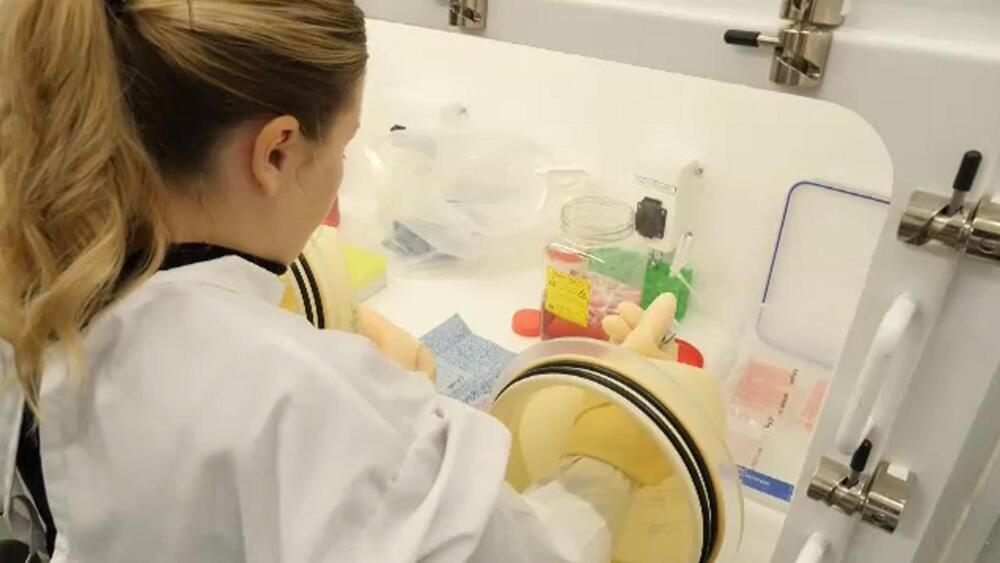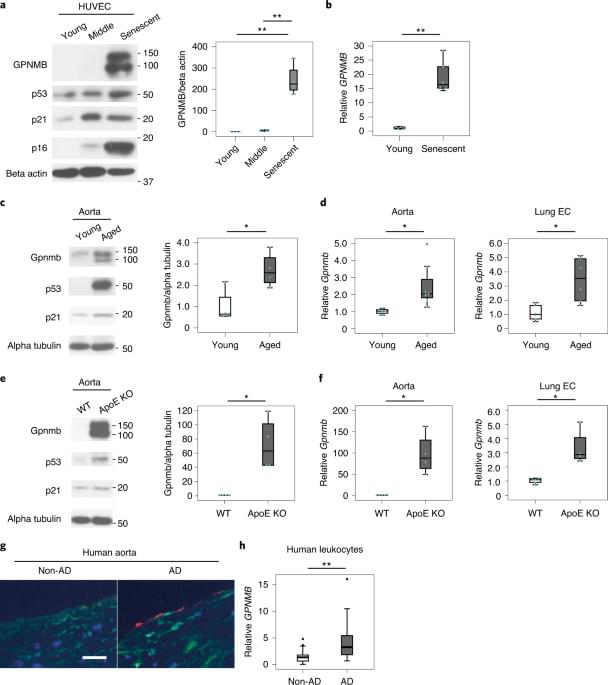Cellular therapies like chimeric antigen receptor (CAR) T cells could represent a promising new avenue by which to treat autoimmune diseases, according to a recent review article. The authors cautioned, however, that most of the research testing CAR-based therapies has been in very early-stage trials.
CAR T cells are human cells that have been genetically modified to express a synthetic receptor, The cells have been used successfully as a therapy in several types of cancer, such as large B-cell lymphoma and multiple myeloma.
Manipulating T cells to target cancer cells has worked to treat some cancers. Researchers are investigating whether the same approach might be used to curb the dysregulated immune response that underlies autoimmune disease.
